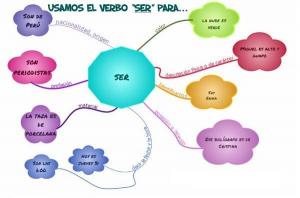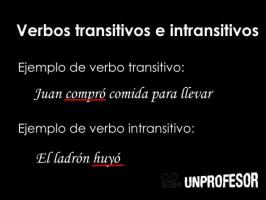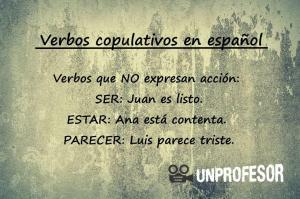Monema: definition and examples
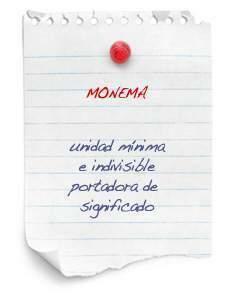
Image: EcuRed
We will now begin a new lesson from a TEACHER in which we will focus our efforts on definition of monema. To complement the information and make everything absolutely clear, we will see different examples of each case of how many we are going to study.
To know the Spanish language well, it is important to be clear that each and every one of the words of our language can be decomposed into monemes that, in fact, we must know how to differentiate them from the phonemes, as we will see below. So, without further delay, we get down to work and begin this basic lesson that will help us to observe each word of Spanish in a different and much more analytical way. We started!
Index
- Definition of monema
- Types of monemes
- Examples of monemas
Definition of monema.
Obviously, our first step will be to know what the definition of moneme is. In this case, we refer to the minimum units of significance in which words can be decomposed.
We were talking a moment ago about the difference between moneme and phoneme. It is essential to know that they are not the same, since the first are minimal units with meaning, while the second refers to minimal sound units without meaning by themselves.
It is also essential to establish that the monemes, as they are minimum units, they cannot decompose in other linguistic signs, that is, they are the smallest that exist with meaning and significance.
In addition, it is also important to note that certain words can be monemes in themselves, without the possibility of being decomposed into other signs without losing their own meaning. In this case, we find terms like sand or bread, to give a couple of quick examples. We will see many more later.
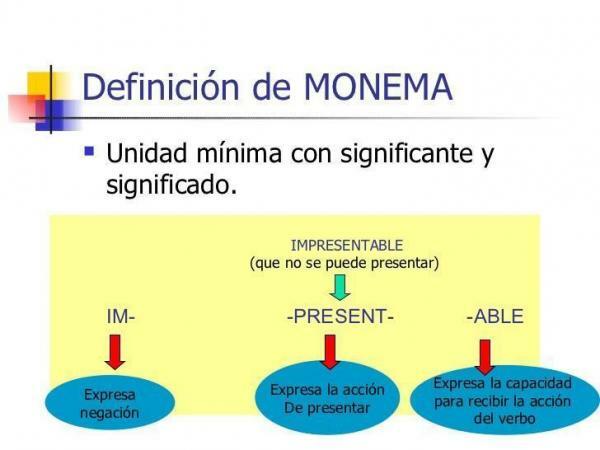
Image: Slideshare
Types of monemes.
Monemes, in turn, can also be divided into two basic types. In this case, we find lexemes and morphemes. Therefore, we are going to observe what each one of them consists of and what particularities they have:
- Lexema: is the root of a word. In other words, within a word, the lexeme is the part that keeps the most meaning or, correctly said, has its own lexical meaning and constitutes an invariable part of the word. word, so they can also be whole words or simply the root to which the morpheme is added to complete its meaning, which can be mode, gender, time, quantity, etc. For example, GAT-o, CANT-mas, GIRL-ato.
- Morphemes: for their part, morphemes are linked to the lexeme to complete the grammatical meaning of a word that, as we have seen, can focus on quantity, gender, mode, etc. In the case of the previous examples, it would be these: niñ-ATO, cant-AMOS, gat-O.
Types of morphemes
You have to know that there are various types of morphemes that, being monemes in themselves, we must also distinguish to understand this concept in its entirety:
- Independent or clitic morphemes: They are those that admit some degree of independence with respect to the lexeme, being able in certain cases to form a word by themselves. They are usually conjunctions, determiners, prepositions or pronouns: di-LE, he, a, con, y, e, pero, ella ...
- Dependent or linked morphemes: can be the derivatives, which add nuances to the meaning of a lexeme, and which in turn differs in prefixes and suffixes: SUB-marine or viej-ETE. And they can also be inflectional, responsible for pointing out grammatical accidents of gender, number, person, mode and time: gat-O, gat-OS, cant-aba-MOS, cant-AR-é.
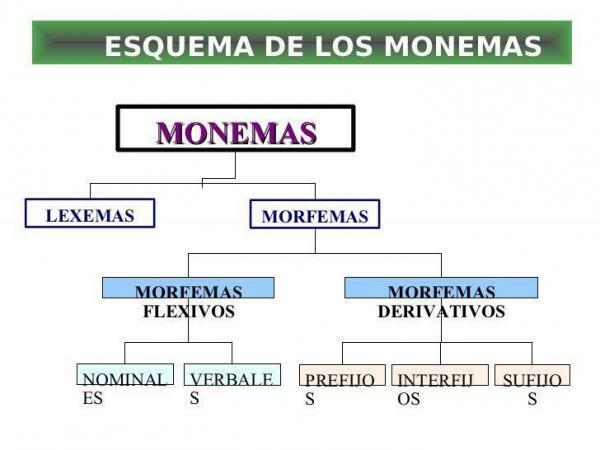
Image: Slideshare
Examples of monemas.
Obviously, we can find a large number of examples of monemas, we already refer to lexemes or morphemes. Let's look at some cases of lexemes, for example, with quite common words that we use regularly in common language:
- Ms
- Sirs
- Miss
- Young gentleman
- Sir-itas
- Sir-itos
- Lord-ones
- Sir-ias.
Or we can observe another classic case:
- Warrior
- War
- Guerr-eo
- War
- Wars
- Warfare
- Guerr-illeras
- Guerr-illeros
- Guerr-ita
Obviously, we can also find multiple examples with morphemes, which in this case we have seen in the previous ones in reference to the lexemes, but which are also considered as monemes both. It would be the case, for example, using the word sea:
- Sea
- Tide
- Ultra-sea
- Ultramarine
- Marine
- Submarine
- Maritime
- Surge
- Mar-ejadilla
And so we could find multiple examples of monemes in various circumstances with any type of lexeme or morpheme in all its typology, which we already know that is very extensive:
- Pelot-azo
- Pelot-illa
- Pelot-illa
- Tree
- Grove
- Tree-ito
- Azo-tree
- Mountain
- Mont-es
- Mountain
- Mont-añera
- Mountaineer
- Neighbour
- Neighbor
- Neighbours
- Neighborhood-like
- Bread
- Bread-is
- Bread-maker
- Pan-azo
- Roll
- Developing
- Underdevelopment
- Underdeveloped
- Develop
- Developing
- Developed
- Burn-a
- Burned
- Burn down
- Burn
- Burning
- Burned
- Room
- Anteroom
- Living room
- Salt
- Salty
- To Salt
- Re-salted
- I'm going out
- Saline
- Salt-ada
- Salt-adura
If you want to read more articles similar to Monema: definition and examples, we recommend that you enter our category of Grammar and Linguistics.

